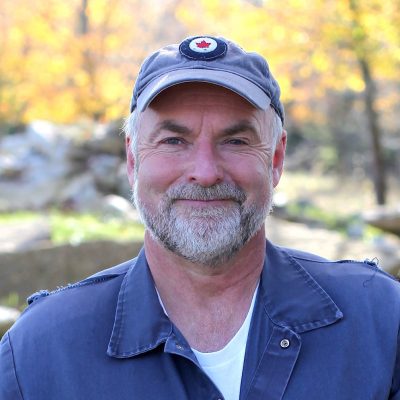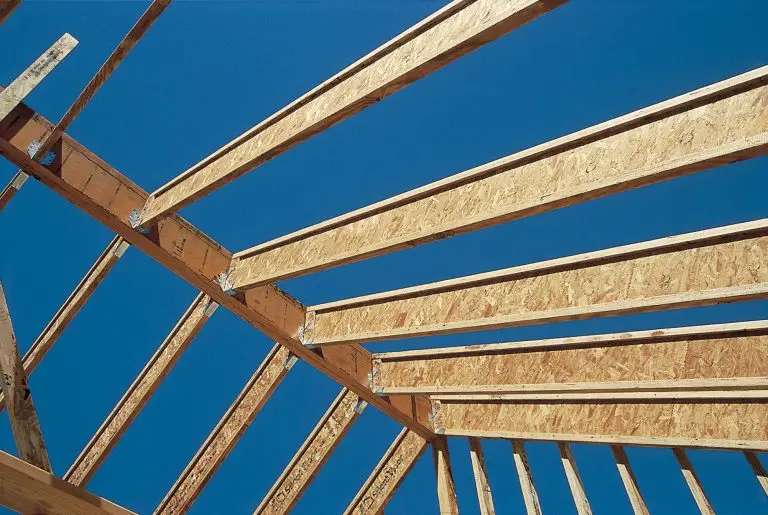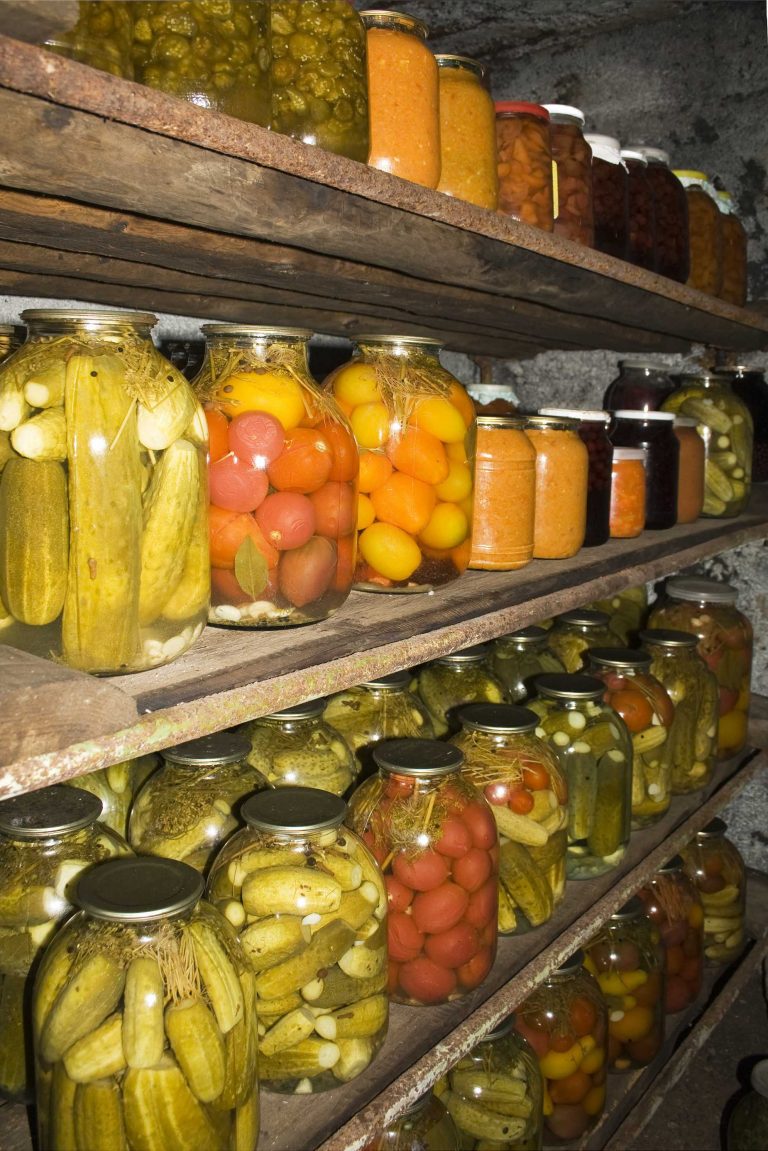Yesterday I paid the most I ever have for gasoline – $1.83 CAD per litre for regular gas (that’s about $5.50 USD per US gallon) – and it got me thinking about a book I read a few years ago and my experiences helping kids learn to ride a bicycle with training wheels.
If you’ve ever watched a kid learn to ride a bicycle, you’ve got a small sense of what I think the world will face over the next half century. That’s the time period within which the training wheels of crude oil will come off the modern world, moving from its place as a very relied upon energy source, to a geological remnant that’s no longer economically feasible to extract and burn to power our lives because it’s too scarce. In the same way that every kid wobbles, swerves and falls as they learn to ride a bicycle on their own, the world is in for some interesting times as it learns to function without the hydrocarbon support system that’s made everything so, so much easier from an energy point of view for the last 100+ years. How these changes will affect your home and life are ideas worth thinking about. In fact, the sooner you think about them the better.
I don’t believe today’s high gas prices are happening because of a lack of crude oil on the planet right now, but the very high current prices do give us something of a taste of what’s probably in store down the line.
Oil makes the world go around
If you’re skeptical that the end of the oil age is in sight, read Jeff Rubin’s book Your World is About to Get Smaller. Rubin is a Toronto economist who presents so much hard evidence that crude oil supplies are dwindling that I can’t imagine how anyone could reasonably argue for anything else. What I’m talking about here is not yet why we’re seeing record-high gas prices and a massive inflationary trend kicking in like we haven’t seen since the 1980s. No, high current fuel prices right now are a product of government policies and world events. The dynamic that Rubin is talking about is a longer wave dynamic, but certain just the same.
The question isn’t if oil will become too scarce and expensive to be practical, but rather how much foresight and ingenuity we’ll exercise redesigning the world economy so it isn’t utterly linked to the price of the gasoline, diesel and jet fuel that most every home, job, meal and industrial process depends on.
Although your home may or may not use crude oil products directly, the end of the oil age will still redefine what constitutes an efficient home. These revisions will also change what people feel are desirable residential locations, alter the mechanics of how you get around, and shrink the size of the community you connect with. And all of these issues boil down to more or less the same thing. How little energy can you use and still be happy?
Alternative energy technologies
It’s been estimated that our individual share of the energy used for transportation, heating, manufacturing and agriculture would require 100 human slaves working around the clock for every citizen of the modern world. That’s a slave population of more than 3 billion people for my country of Canada alone. Crude oil has made the energy to power these “mechanical slaves” relatively easy to come by so far and cheap, but make no mistake. None of the alternative energy technologies on the horizon right now currently offer even the promise of the easily obtainable, highly concentrated, and simply portable liquid energy source that crude oil has offered. Do you expect to see alternatives that will be as effective as crude? I wouldn’t bet on it. Here’re some questions to consider when thinking why . . .
- If crude-free energy technologies were as cheap, easy and convenient to use as the crude oil that powers us now, how come $100 a barrel oil hasn’t been enough to electrify all the fuel-burning trucks delivering goods to your neighbourhood stores?
- How come fleets of jetliners aren’t flying exclusively on bio-fuels?
- Why are so few modern homes heated by the sun?
Alternative energy technologies like solar, wind and others will take over from the oil-based ones we depend on now (I even have an online course that explains how to do this in your own life), but only in the context of using much less energy per person than we do today. Solar and wind are very diffuse energy sources and we’ve become used to the very dense and convenient energy stored in fossil fuels.
Electricity: both clean and dirty
Electricity is an interesting case in point. It has the potential to be one of the big turn-around stories of the energy world. That’s because electricity isn’t a source of energy, but rather just one form of it. And depending on how electricity is generated, it can either be a dirty option, or a remarkably clean way to make things happen. The move to encourage electricity generated by wind and photovoltaics begins to change everything about the way you need to look at electricity as a home energy option. That said, it’s also important to realize that all the windmills and photovoltaic installations you see cropping up in the countryside are only happening because of massive government subsidies that pay producers as much as 1000% more than current market prices (and for decades, too) to produce alternative electricity. I doubt electric power will ever get very cheap, but at least the electrons will keep on flowing as long as the sun shines and wind blows.
Best homes of the future
So what will the most desirable homes of the future look like if Mr. Rubin is correct in his book? They’ll probably be quite a bit smaller than the average right now, and they’ll be built for much greater efficiency than today. Optimal locations will be closer to sources of food production, closer to forests and sources of bio-fuels and closer to public transportation. Desirable homes will also be part of communities designed around the assumption of travel by foot and bicycle, not on the current idea that everyone will jump into one of their two cars whenever they leave home to pop down to the shop to buy a bottle of salad dressing.
It will be interesting to see how the world reacts when everything becomes more difficult because of a true scarcity of oil. Perhaps we’ll think of something that’s as effective, but I’d bet against it. As empowering as it has been to have such a potent, portable, high-density liquid energy source at our disposal, like anything else, the greater the value of something, the more you miss it when it’s gone. In the same way that training wheels do make it easier to learn to ride a bike, bumps and bruises happen when you take those training wheels off and attempt to ride on your own at first. We’re in for some interesting times. I just hope it eventually leads to paying less than $1.83 for a litre of gasoline.
 I hope you found this essay useful. Please consider clicking the “buy me a coffee” button below to help cover the costs of producing and publishing this content. A big thank you to everyone helping out in this way. Much appreciated.
I hope you found this essay useful. Please consider clicking the “buy me a coffee” button below to help cover the costs of producing and publishing this content. A big thank you to everyone helping out in this way. Much appreciated.












